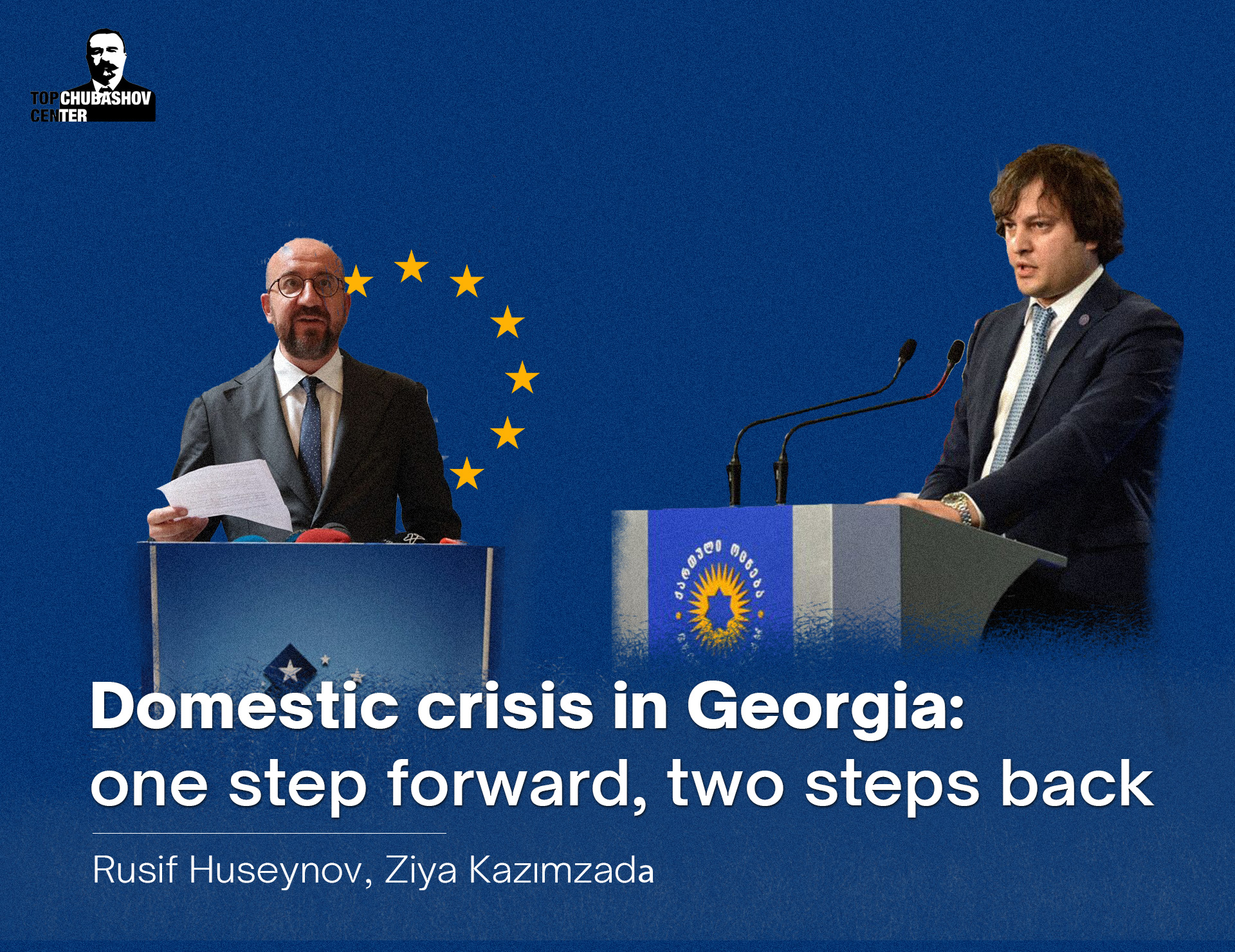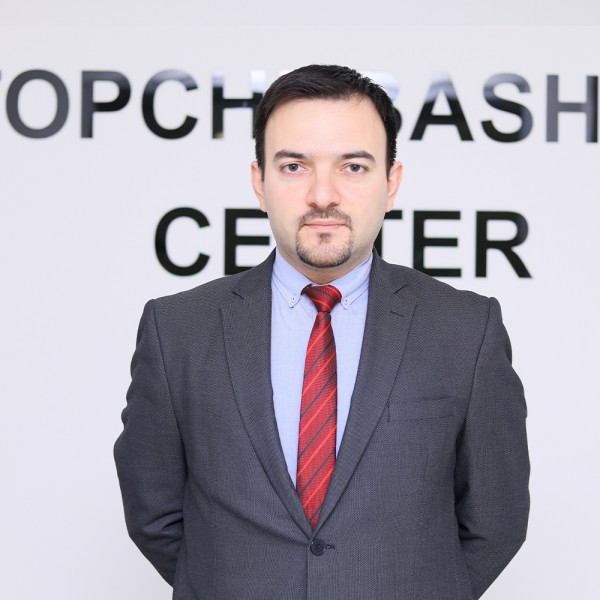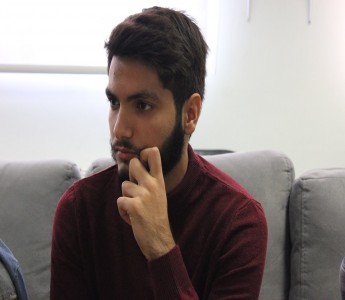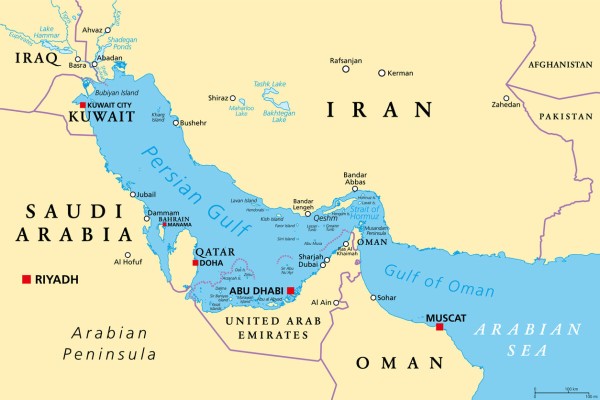Domestic crisis in Georgia: one step forward, two steps back

The last three years in the South Caucasus have been rich with tectonic changes in all three countries that will directly influence the future of the region: The Velvet Revolution and regime change in Armenia in 2018, the July clashes and ensuing Second Karabakh War between Armenia and Azerbaijan in 2020. Against the backdrop of these events, it is notable that the internal political crisis in Georgia, which has been going on since 2019, is still unresolved, despite the efforts of mediators such as the European Union.
The starting point of the current crisis can be traced back to the June 2019 incidents, also known as “Gavrilov's night”. Earlier, Russian delegation paid a visit to Georgia within the framework of the Inter-parliamentary Assembly of Orthodoxy hosted by Tbilisi. According to the rules of protocol, Sergey Gavrilov, a member of the Russian State Duma, who voted for Abkhazia's independence earlier that week, sat on the chair of the Speaker of Georgian Parliament and addressed the audience in Russian about the Orthodox Brotherhood between the two nations. Expectedly, such a blunder by the Georgian Dream leadership triggered days of protests by the opposition in Tbilisi. As a result of the violent police crackdown, using rubber bullets and tear gas against the thousands of people gathered, 240 people received various injuries and 305 participants were arrested. Two people were left injured on the eye by the police’s use of rubber bullets. Government’s harsh reaction ignited a new wave of protests by the opposition parties and civil society organizations that continued with short breaks until the parliamentary elections in the autumn of 2020.
When it comes to the direct cause of the current crisis, it can be found in the results of those elections. Accordingly, as the ruling Georgian Dream party declared its victory, the opposition decided to boycott the new parliament and refused to participate in legislation for a long time. Eventually, the EU took the initiative, aiming to overcome the stalemate in negotiations between the opposing sides and hence resolve the long-simmering crisis plaguing Georgia’s domestic politics. After several weeks of tense negotiations, Georgian Dream and several opposition parties reached an agreement on April 19, named after the President of the European Council Charles Michel. According to the document, all judicial appointments had to be paused until the further recommendations of the Venice Commission and public figures considered as political prisoners should have been released. The main provision was related to the compromise between the opposition, which did not agree with the outcome of the 2020 parliamentary elections and demanded new elections, and the government refusing to hold these elections. Accordingly, if the Georgian Dream gained less than 43% of the votes in the local elections in the autumn of 2021, it would agree to snap parliamentary elections in 2022.
This agreement was presented as one of the main achievements of Georgia on its way to democracy, as a success story both within the country and at the EU level, and as a positive manifestation of constructive negotiations between the government and the opposition. The “Charles Michel agreement” was also an achievement for Brussels in terms of reinforcing its position in the South Caucasus where it had been left out of the post-Karabakh War developments.
However, despite the agreement and calls from the international community, the ruling party continued to appoint its own candidates to the Supreme Court. This move was met with discontent by both the local opposition and Georgia's Western partners. The crisis reached its peak in July.
In early July, the LGBT community organized Tbilisi Pride, which was later confronted by the Anti-Pride march attended by conservative groups. This demonstration in which religious figures actively participated, was accompanied by violence towards journalists and minority groups. A number of demonstrators climbed to the flag-decked balcony of the LGBT office on the third floor and threw the community's rainbow flag on the ground, which will surely be remembered as one of the main images from the rally. The fact that some journalists who tried to cover the course of events were beaten in front of the police, and law enforcement agencies simply watched on the sideline, was met with great dissatisfaction. The death of one of the respected journalists a few days later exacerbated the general atmosphere in the country and triggered a new wave of rallies against the ruling party. It is interesting that even if the Georgian Dream is faced with numerous criticisms on this issue, the main narrative in Georgia is built around the possible Russian hand behind these events. Both the authorities and the opposition in the country have been trying hard to prove Georgia’s respect to Western values and view Russia as the major spoiler.
In any case, so much so that the Western countries were disappointed by the conservatism of Georgian society and its opposition to the Western values with regard to sexual minorities, the unilateral withdrawal of the Georgian Dream from the EU-brokered agreement shocked both the EU and the US political circles. The ruling party explained unilateral withdrawal of its signature by claiming that the agreement had fulfilled its purposes and hence reached its limits, and more importantly, the major opposition party United National Movement (UNM) had not signed it in the first place. Interestingly, even if the UNM did not officially sign the agreement, it committed itself to stop the boycott. After the withdrawal, the Georgian opposition, civil society organizations, ambassadors from Western countries and political figures raised the objection to the “Georgian Dream” to the highest level. It was characterized as a major blow to democratic values and Georgia’s Western integration.
Strangely enough, all these events took place just after the signing of the Batumi declaration in which Georgia, Moldova, and Ukraine confirmed their foreign policy priorities and joint efforts with regard to further politico-economic approximation with the EU and NATO frameworks.
Against the backdrop of recent events, regional watchers doubt Georgia's sincerity on the path of democracy and the European Union. At the same time, experts warn about the gradual disappearance of achievements in the field of democracy and governance that took many years of serious work by the western actors and local civil society organizations.








